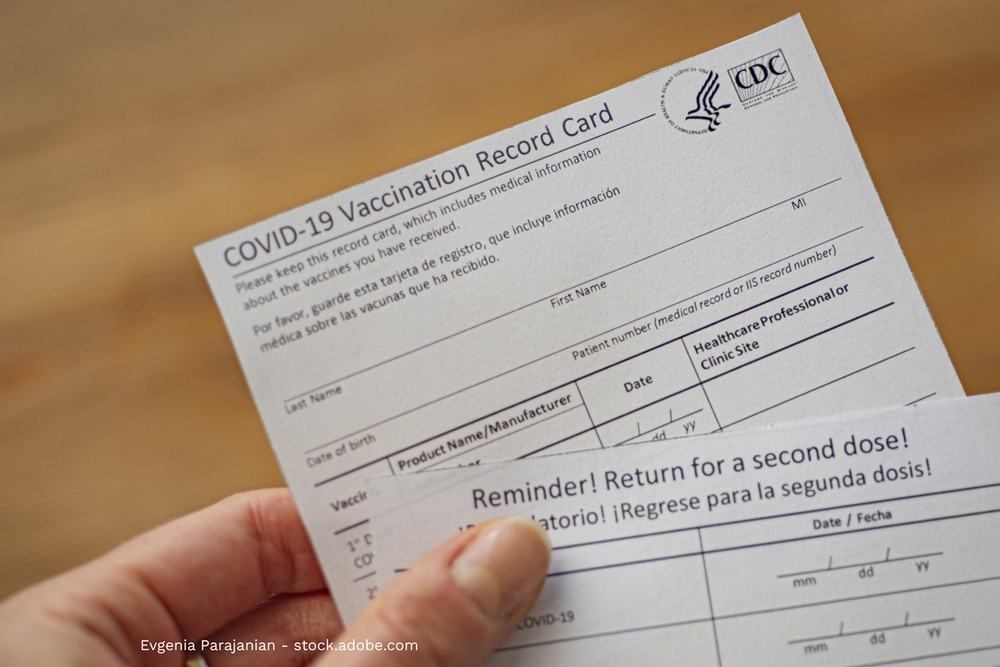The coronavirus has now unfortunately been a part of our lives for over a year now. From the moment it first reached our shores to where we are now, there has been a lot of researching, learning and adaptation to the novel virus.
The Centers for Disease Control and Prevention (CDC) have been educating Americans throughout the pandemic on expert findings, data and statistics. As new information or discoveries arise, the CDC is quick to roll out updates.
The emergence of two working vaccines, The Pfizer-BioNTech and Moderna vaccines for COVID-19, have led to the start of vaccine doses being expedited across the world. When it comes to Americans, the CDC’s website provides a COVID Data Tracker, showcasing important statistics as to the number of doses delivered, administered and the number of people in the United States that have received two doses and are now considered fully vaccinated against the coronavirus.
The expediting of the various vaccine doses has everyone scrambling to get their hands on the world’s most coveted vials. As people around the globe are starting to see the light at the end of the COVID-19 tunnel, how is life really changing for the select population that has now been fully vaccinated?

